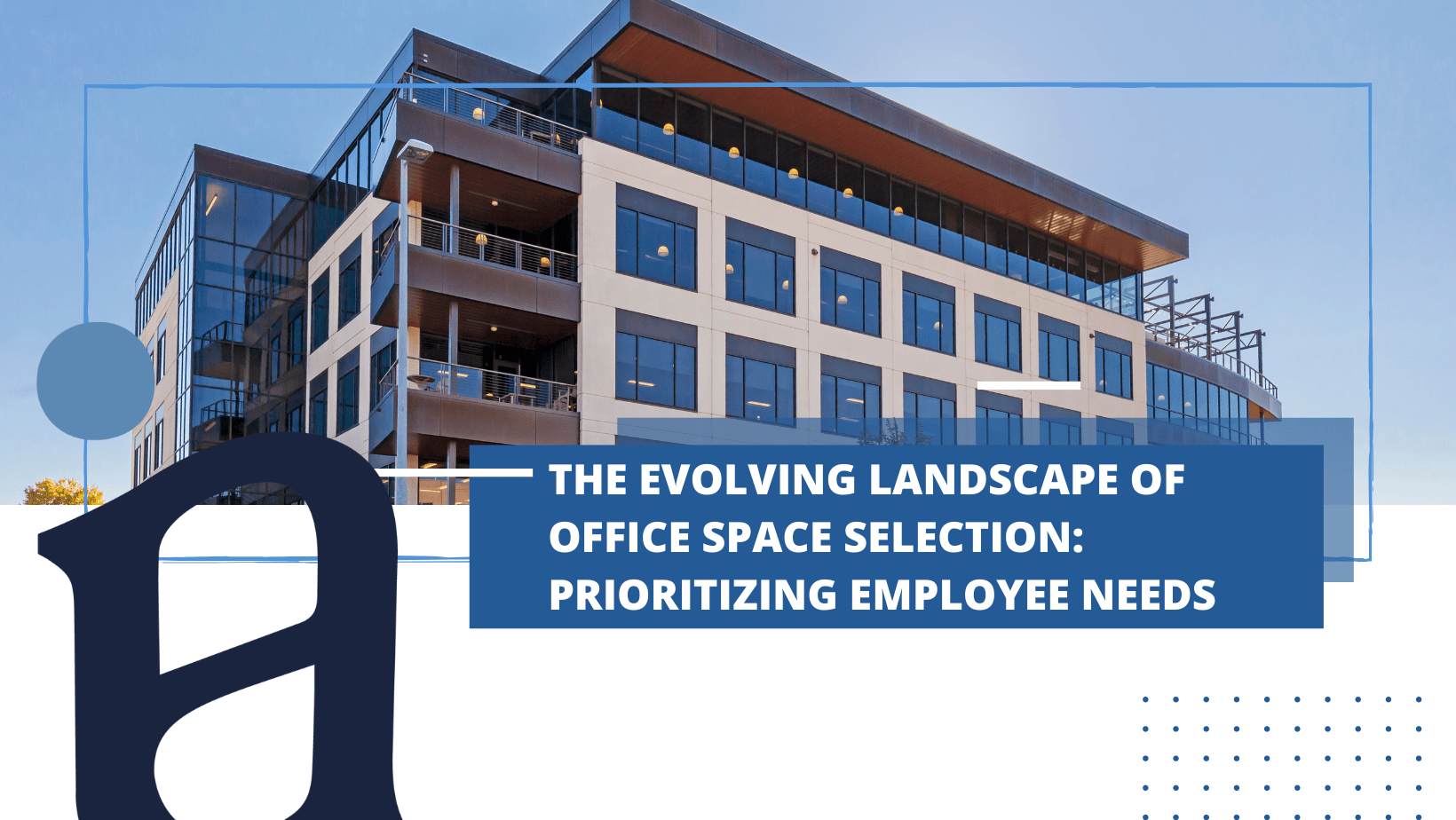Back to All News
October 24, 2022
How Does Inflation Affect Real Estate Investment?

SHARE
Investment in real estate has traditionally been perceived as a good hedge against inflation over the long-term; however, like any investment (in any economy) real estate is not without its risks. Due to the localized nature of real estate and the terms of the lease in place, some properties will perform better than others during an inflationary period. This article seeks to briefly discuss why certain real estate will outperform in today’s market.
Rent Growth
One of the most common answers as to why real estate performs well during inflationary periods, is that owners are able to raise rents. This is true for some types of real estate, not all. Assets like apartments and hotels are able to raise rents more frequently, due to the short-term nature of the lease (or hotel reservation). In contrast, leases for office, retail and industrial assets are often measured in years, not days or months. Leases for these assets often have scheduled rent increases at a fixed percentage each year. If inflation outpaces that fixed percentage, owners will end up with below-market rents until the lease expires.
Vacancy
The ability of an owner to raise rents with any real estate asset is dependent upon the demand for that asset. Even with apartments or hotels, if the property is not
Investment in real estate has traditionally been perceived as a good hedge against inflation over the long-term; however, like any investment (in any economy) real estate is not without its risks. Due to the localized nature of real estate and the terms of the lease in place, some properties will perform better than others during an inflationary period. This article seeks to briefly discuss why certain real estate will outperform in today’s market.
Expenses
Inflation hedging works best in a demand-driven scenario, compared to cost-driven inflation. The inflation we are experiencing today features both types. Higher energy costs and supply bottlenecks have resulted in greater expenses for real estate owners. For assets like office, industrial and retail, owners may be able pass through all or some of the increased expenses, depending on the terms of the lease. Owners who have a “triple net” lease are able to pass these expenses on during the term of the lease and should (in theory) be able to raise rents on the execution of a new lease.
At Investors Associated, we believe in a diversified approach to real estate investing. We are long term holders of real estate in carefully selected markets and our portfolio includes a balance of all property types. This philosophy has provided competitive returns to our investors year after year. If you have interest in learning more about Investors Associated, please reach out to our VP of Investor Relations, Jamie Stefan at (414) 797-3947 or [email protected]


